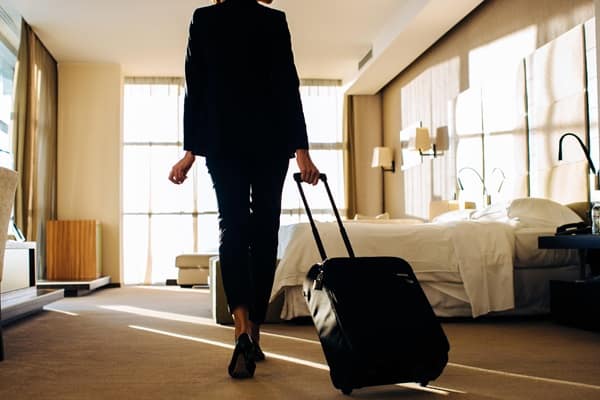London’s business accommodation sector looks different than it did five years ago. Hotels still handle most short-term corporate bookings, but serviced apartments have carved out substantial territory—particularly when stays stretch past the one-week mark.
The way people work has changed how they travel. Multi-week projects are common now. Relocations take time to sort out properly. Hybrid work policies send staff to different cities for months at a stretch. Hotels were built for quick in-and-out stays, and that shows when someone needs to live somewhere for six weeks while maintaining a normal work routine.
Finding the right option
Corporate accommodation in Central London needs more than location alone. The place has to work day-to-day with reliable service, proper facilities, and reasonable pricing. Líbere London Edgware Road handles these basics well—apartments with the right equipment, management that understands what business travellers need.
Smart companies treat accommodation as infrastructure, not just an expense line. Where staff stay affects how well they perform during important projects and transitions. Serviced apartments solve this problem better than hotels do.
Why the serviced apartment sector has grown
Data from London’s accommodation sector tells a clear story. Serviced apartments are booking up at higher rates than hotels for stays over two weeks. This isn’t happening by accident.
Companies have revised their travel policies after seeing what works. Employees who spent months in hotels during previous assignments asked for better options. Finance departments ran the numbers and found cheaper alternatives. The result: more corporate travel managers now default to serviced apartments when booking extended stays.
The functional differences matter
Living space separated from sleeping space changes daily life during long assignments. Taking a work call from a proper living room beats doing it from a bed. Having a kitchen means breakfast doesn’t cost £15 and dinner doesn’t require finding a restaurant every night—useful when dietary needs are specific or when late-night work makes restaurant hours impractical.
Storage matters more than most people realize before they try living out of a hotel room for weeks. Where do the extra shoes go? What about work files and equipment? A hotel typically provides one wardrobe and a desk that can’t fit much. Studies of corporate travel costs show serviced apartments cost 20-35% less than comparable hotels over extended periods. Add in food savings from having a kitchen—hotels mark up basic meals significantly while apartments allow regular supermarket shopping—and the financial case gets stronger.
Daily life works better
Hotels create small frictions that compound over time. Housekeeping comes during work hours at unpredictable times. Moving through corridors and lobbies means constantly sharing space with others. Noise from adjacent rooms varies night to night.
Serviced apartments change these dynamics. Private entrances remove the shared-space issue. Housekeeping runs on weekly schedules that residents can control. The physical layout—actual walls between bedroom and workspace—provides clearer boundaries between work hours and personal time.
Solving relocation timing problems
Relocations present tricky logistics. Someone arriving in London needs housing immediately but can’t sign a year-long lease before exploring neighbourhoods and finding the right permanent place. That search might take one month or it might take four.
Serviced apartments handle this through flexible terms without penalties. Staff can focus on their jobs and house-hunting rather than accommodation complications. Quality properties include reliable internet, responsive support, and transport links that actually reach business districts.

